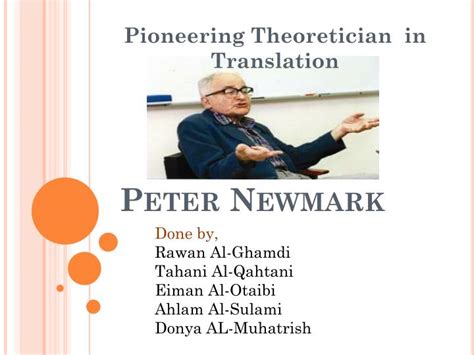A Quote by Nick Cummins
Sometimes it can be difficult when you're talking to a journo after the game, saying, 'Yeah mate, I was on the burst.' And then the translator is trying to translate that into Japanese, and apparently there is no actual translation.
Related Quotes
The translator has to be a good writer. The translator has to hear music too. And it might not be exactly your music because the translator needs to translate the music. And so, that is what you are hoping for: a translator who gets what you are doing but who also gets all the ways in which it won't work in the new language.
The big problem in translating is that we had to translate the language. People may not know that we record the podcast in Japanese, translate it to English and then actors play us on the podcast. I'm not actually Scott Aukerman, I'm the actor who plays his voice on the podcast. Unfortunately, it's cost prohibitive on a television show.




































